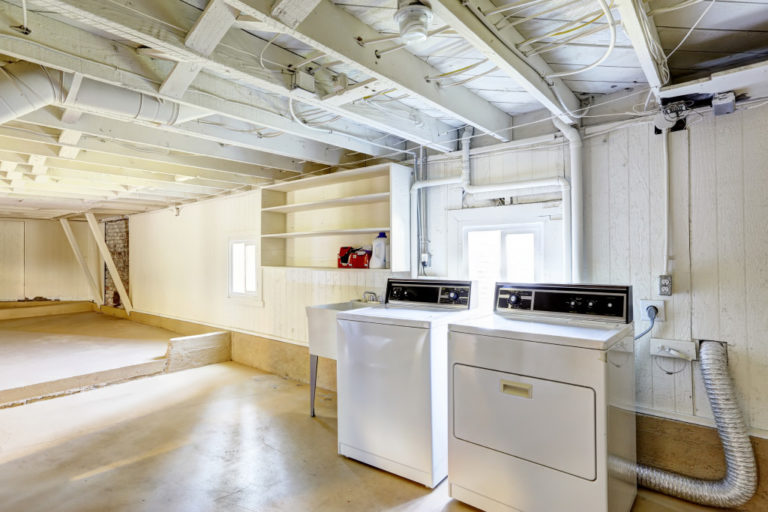The hardest part of building a basement is the beginning. Especially if your lot didn’t originally have the below-ground space for it, you’d first have to go through stages upon stages of evaluation, perform preventive measures, and spend money on hiring expert contractors – all before you lay the first brick.
In this regard, knowledge is your best asset. Before raising the room from the ground, make sure to follow these pre-construction pointers.
Do soil nailing and anchoring for stability
Excavating the land around and underneath your house can lead to perilous results now or in the future, so you have to guarantee that the slope you’ll be creating stays stable at all times time through southern soil nailing.
An excellent nail wall is generally more cost-effective than other heavy-construction methods, more durable compared to ground anchor walls, and more flexible when against large settlements.
Rent heavy machinery for excavation
The extent and duration of the construction depend on whether the basement will be newly built, there is an existing property, or if it’s going to be an extension underneath adjoining land.
Just as soil nailing will involve heavy equipment, excavating will require pieces of machinery like loaders, backhoes, and augurs. As soon as you have a blueprint, you should have already shortlisted construction equipment contractors to hasten the process.
Check local building codes for legal issues
Local building codes regarding basement conversion vary from city to city, but what they all converge around residential safety. That is, your basement might be required to have safe and accessible escape routes and fire exits in case of emergencies.
Other specifications that municipal offices require of builders include structural retrofits to withstand earthquakes, interior walls that are insulated and have an ample flame spread rating and minimum ceiling height.
Conduct environmental testing for health

The below-ground subsoil around your basement might be laced with asbestos through old construction rubble. The topsoil can also test positive for radon. Lead and ammonia from underground sewer systems can contaminate the earth. Black mold might be building beneath the house’s flooring.
If neglected, all of these can either seep through your basement’s wall gaps or enter through the ventilation system, thus endangering your health.
Hire technicians for plumbing and power
A new basement means additional work toward your plumbing and electrical system, and this is the type of task you wouldn’t want to DIY. Before starting any construction work, consult a trusted technician to predict the more complicated work, such as mapping your plumbing system, trenching the floor, and connecting cables to your junction box. Then, calculate your projected costs from there.
Consult contractors for room ventilation
Excellent ventilation requires strategy, especially for your basement. Do you want to ask expert contractors to build an HVAC system for your basement? You first have to determine the following things: which materials to use for your interior walls, where windows should face so that natural draft flows freely, and which ventilation system is right for you to avoid excess humidity.
Now you’re set to start the real work and build the basement you’ve always wanted!

